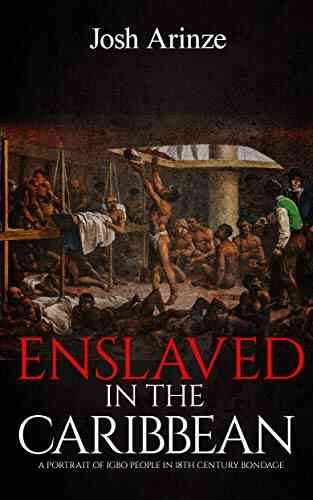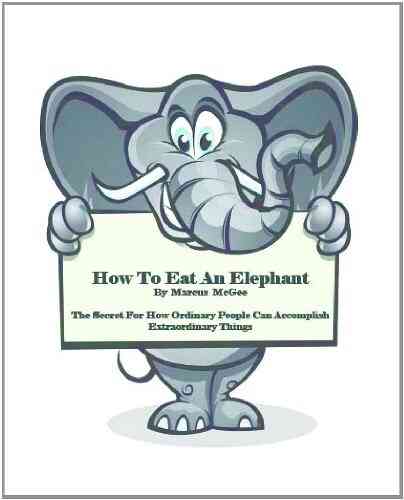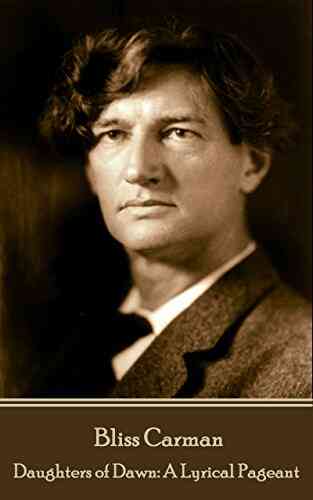Enslaved In The Caribbean: Exploring the Dark Ages of Human History

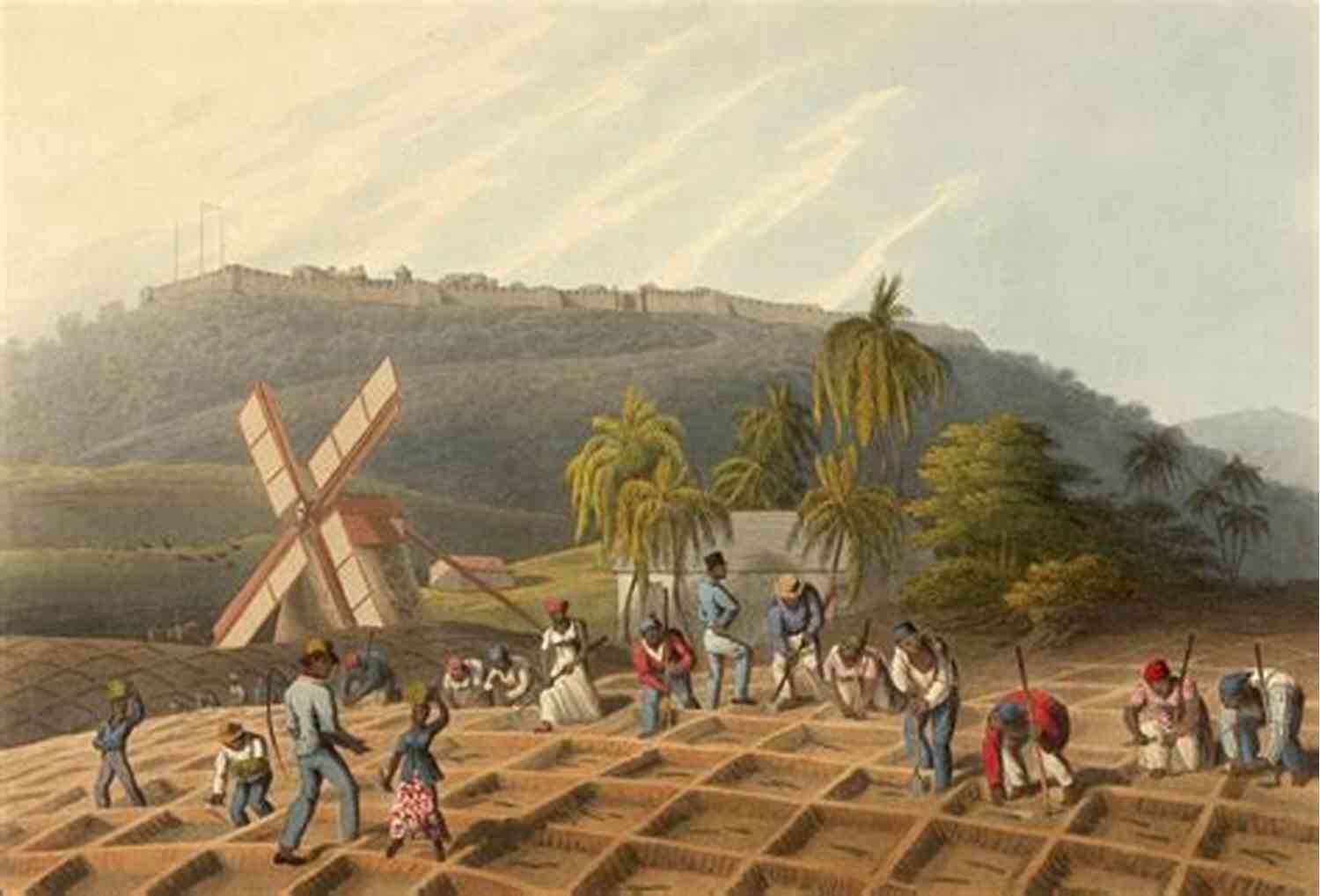
The history of the Caribbean is deeply intertwined with the painful legacy of slavery. For centuries, this region of paradise was marred by the dark trade that brought millions of Africans to the shores of the Caribbean islands.
The Arrival of Slavery in the Caribbean
The transatlantic slave trade was at its peak during the 18th and early 19th centuries, and the Caribbean became a major hub for this horrific practice. European colonizers saw the lucrative potential in exploiting the rich natural resources of the region, and to do so, they heavily relied on the African slave labor.
The first enslaved Africans arrived on the Caribbean islands as early as the 16th century. Initially, slaves were mainly used for mining, but as the demand for sugar grew, so did the number of enslaved people. Sugar plantations became the primary source of wealth for European nations such as Britain, France, and Spain.
5 out of 5
| Language | : | English |
| File size | : | 1729 KB |
| Text-to-Speech | : | Enabled |
| Screen Reader | : | Supported |
| Enhanced typesetting | : | Enabled |
| Word Wise | : | Enabled |
| Print length | : | 18 pages |
| Lending | : | Enabled |
The Life of Enslaved Africans
The conditions endured by enslaved Africans were unimaginably cruel. They were subjected to relentless physical labor, with sugar cane fields being notoriously challenging due to the extreme heat and demanding workload. Many slaves suffered from exhaustion, malnutrition, and diseases, leading to high mortality rates.
Enslaved Africans were treated as property, bought and sold like commodities. Families were torn apart as husbands and wives, parents and children were separated, never to be reunited. This psychological torment added an extra layer of suffering to their already agonizing existence.
Resistance and Rebellion
Despite the oppressive conditions they faced, enslaved Africans in the Caribbean were not passive victims. They resisted their captors in various ways, ensuring that their spirit for freedom never wavered.
Rebellions and uprisings were common throughout the history of slavery in the Caribbean. One of the most notable instances was the Haitian Revolution, which erupted in 1791 on the French colony of Saint-Domingue (present-day Haiti). Led by Toussaint Louverture and other visionary leaders, enslaved Africans successfully fought for their freedom, making Haiti the first independent black republic in the world.
The Abolition of Slavery
The abolitionist movement gained momentum in the 18th and 19th centuries, fueled by the growing awareness of the inhumanity of slavery. In 1807, the British Parliament passed the Abolition of the Slave Trade Act, making the transport of slaves illegal. However, it wasn't until 1833 that slavery itself was officially abolished throughout the British Empire, including the Caribbean colonies.
Other nations followed suit, gradually putting an end to the abhorrent institution. Though the legislation marked a significant milestone in the fight against slavery, its effects continued to reverberate through generations.
Remembering the Past
Today, the Caribbean stands as a testament to the resilience and strength of those who endured enslavement. Museums, heritage sites, and memorials scattered across the islands serve as reminders of this dark chapter in history, allowing visitors to reflect on the horrors of the past.
It is essential to acknowledge and learn from the past, ensuring that the memory of the enslaved Africans in the Caribbean lives on. Their struggles and sacrifices should never be forgotten, serving as a constant reminder of the injustices inflicted upon humanity.
The Road to Healing and Justice
The legacy of slavery in the Caribbean continues to shape society today. Efforts are being made to address the consequences of this brutal history, striving for healing and justice.
Reparations movements have gained momentum, advocating for compensatory measures to repair the damage inflicted upon subsequent generations. Calls for education reforms, cultural preservation, and socioeconomic equality are being amplified, with the intention of breaking the ongoing cycles of oppression and inequality.
The scars of slavery run deep in the Caribbean, leaving an undeniable and permanent mark on the region. By acknowledging the atrocities committed and actively working towards a more just and inclusive society, the people of the Caribbean continue to honor the memory of those who suffered and pave the way for a better future.
5 out of 5
| Language | : | English |
| File size | : | 1729 KB |
| Text-to-Speech | : | Enabled |
| Screen Reader | : | Supported |
| Enhanced typesetting | : | Enabled |
| Word Wise | : | Enabled |
| Print length | : | 18 pages |
| Lending | : | Enabled |
During the era of the Trans-Atlantic slave trade, large numbers of Igbo people from what we know today as Nigeria were captured and shipped off to territories and locations all over the Caribbean. This is a revealing portrait of what happened to some of these enslaved Igbo people (as well as people from other ethnic groups in West Africa) after they reached such places as Jamaica, Grenada, and Trinidad. It is a poignant account of how these people were auctioned off at slave markets in the Caribbean, their struggles to escape their misery and survive as runaways, and their heroic efforts to maintain their dignity under harrowing circumstances. During the period covered in this book (the early 1780s to the late 1820s),there was no such thing as Nigeria—today's Nigeria was created by British colonial rulers in 1914. But as far back as the 1780s, enslaved Igbo people were identified by their ethnic origins in archival records, which specified in some cases that they had been shipped from such port cities as Calabar and Bonny. The same records also identified the ethnic origins of some of the other enslaved Africans taken to the Caribbean from today's Ghana (Ashanti, Coromantee, and Fanti),and elsewhere in West Africa.
Do you want to contribute by writing guest posts on this blog?
Please contact us and send us a resume of previous articles that you have written.




















Light bulbAdvertise smarter! Our strategic ad space ensures maximum exposure. Reserve your spot today!
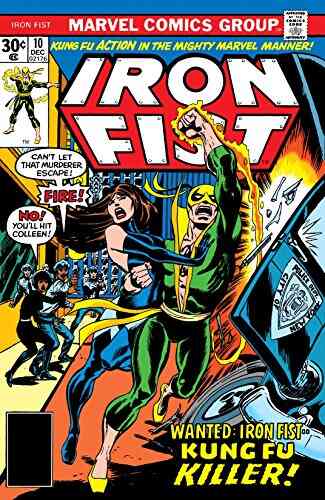
 Dallas TurnerThe Untold Saga of Iron Fist: How Stephen Parkes Revolutionized the Marvel...
Dallas TurnerThe Untold Saga of Iron Fist: How Stephen Parkes Revolutionized the Marvel...
 Jaylen MitchellThe Ultimate Guide to the Alex Cross Reading Order List With Special Added...
Jaylen MitchellThe Ultimate Guide to the Alex Cross Reading Order List With Special Added... Eric NelsonFollow ·9.2k
Eric NelsonFollow ·9.2k William ShakespeareFollow ·18.7k
William ShakespeareFollow ·18.7k Mason PowellFollow ·17.9k
Mason PowellFollow ·17.9k Carter HayesFollow ·18.7k
Carter HayesFollow ·18.7k Morris CarterFollow ·11.9k
Morris CarterFollow ·11.9k Nathaniel PowellFollow ·8.7k
Nathaniel PowellFollow ·8.7k Ethan GrayFollow ·4.8k
Ethan GrayFollow ·4.8k Charlie ScottFollow ·17.6k
Charlie ScottFollow ·17.6k

 Enrique Blair
Enrique BlairThe Lost Secret To American Prosperity And How To Get It...
America has always been regarded as...

 Jimmy Butler
Jimmy ButlerWhat Comes Up Must Go Down Hill
Have you ever found yourself standing at...

 Pat Mitchell
Pat MitchellKawasaki H2 Owned It: Unleashing the Power of Speed
The Kawasaki H2. A name that...

 Douglas Foster
Douglas FosterSpring Season In Verse: Unveiling Nature's Masterpiece
Spring, the season of new beginnings,...

 Brett Simmons
Brett SimmonsRediscovering Happiness: My Path Forward After My Divorce
Divorce – a word that carries a multitude of...

 Brody Powell
Brody PowellUnveiling the Secrets of the Black Coral Thriller...
Deep below the surface of...

 Clinton Reed
Clinton ReedThe Natural Cure For Hemorrhoids | Stop The Pain And...
Hemorrhoids, also known as piles, are a...

 Tom Hayes
Tom HayesUnveiling the Alluring World of My Sister's Keeper: Ted...
Have you ever come across a literary...

 Oscar Wilde
Oscar WildeSentenced To War Chaney: Join the Epic Journey that Will...
War has always been a subject that has...

 Robert Reed
Robert ReedLongarm 366: Longarm And The Tin Cup Trouble - A Wild...
The Legend of Longarm 366 If...

 Tony Carter
Tony CarterFear Is The Key: Unraveling the Intriguing Secrets of...
When it comes to the world of...

 Craig Carter
Craig CarterUnveiling the Captivating Family Romance Bonus...
Are you a fan of heartwarming romance...
5 out of 5
| Language | : | English |
| File size | : | 1729 KB |
| Text-to-Speech | : | Enabled |
| Screen Reader | : | Supported |
| Enhanced typesetting | : | Enabled |
| Word Wise | : | Enabled |
| Print length | : | 18 pages |
| Lending | : | Enabled |


